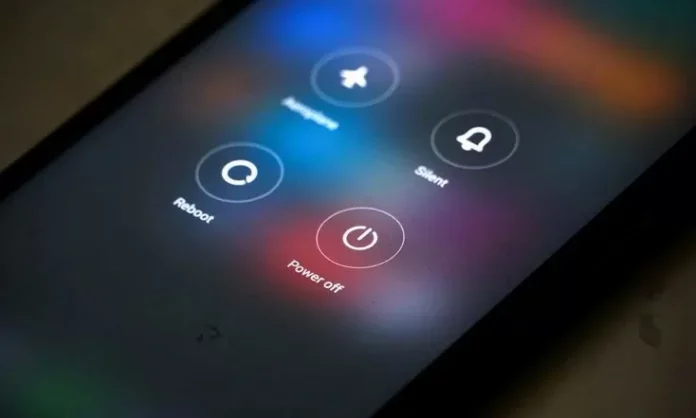Are you currently experiencing Wi-Fi connectivity problems on your Android phone? It can be frustrating when you are unable to connect to a Wi-Fi network, especially when you need to use the internet urgently. However, before you start panicking and thinking that there is something wrong with your device, there are a few simple steps you can take to fix this issue. In this article, we will discuss the common reasons for Wi-Fi connectivity problems on Android devices and how to solve them.
One of the most common reasons for Wi-Fi connectivity issues on Android phones is the incorrect network settings. Sometimes, when we connect to a new Wi-Fi network, we may not enter the correct password or select the wrong network. This can lead to unsuccessful connection attempts and can cause frustration. To fix this, go to your Wi-Fi settings and make sure that you have entered the correct password and selected the right network. You can also try turning off and on your Wi-Fi connection to refresh the network.
Another common reason for Wi-Fi problems on Android phones is the distance between your device and the router. If you are too far away from the router, the Wi-Fi signal may be weak and your device may struggle to connect. Make sure you are within a reasonable distance from the router, and if you are in a large house or office, consider getting a Wi-Fi extender to boost the signal in distant areas.
Sometimes, the issue may not be with your device, but with the Wi-Fi network itself. If you are unable to connect to any Wi-Fi network, there may be a problem with the network or the router. In this case, try connecting to a different Wi-Fi network or contacting the network provider for assistance. You can also try restarting the router to see if that solves the problem.
Another reason for Wi-Fi connectivity problems on Android phones is outdated software. Make sure that your device is running on the latest software version to avoid any compatibility issues with the Wi-Fi network. You can check for updates in your device’s settings and install them if available. Outdated software can also cause other issues on your device, so it is important to regularly update your device.
If none of the above solutions work, then the problem may be with the Wi-Fi antenna on your device. Over time, the antenna may become damaged or loose, affecting the device’s ability to connect to a Wi-Fi network. In this case, you may need to take your device to a professional for repairs or consider getting a new device.
In addition to these common reasons, there may be other factors causing Wi-Fi problems on your Android phone. These can include interference from other electronic devices, network congestion, or even a faulty Wi-Fi chip. However, in most cases, the above solutions should be able to solve the issue.
To avoid future Wi-Fi connectivity problems on your Android phone, here are some tips to keep in mind:
1. Keep your device’s software updated.
2. Make sure you enter the correct password and select the right network when connecting to a Wi-Fi network.
3. Stay within a reasonable distance from the router for a strong Wi-Fi signal.
4. Avoid using your phone near other electronic devices that may cause interference.
5. Restart your device and the router regularly to refresh the network.
6. If you are still experiencing issues, consider getting a Wi-Fi extender or contacting your network provider for assistance.
In conclusion, Wi-Fi connectivity problems on Android phones can be frustrating, but they can also be easily solved with simple steps. Make sure to check your network settings, distance from the router, and software updates to avoid any issues. If the problem persists, consider seeking professional help or getting a new device. With these tips, you can ensure a smooth and uninterrupted Wi-Fi experience on your Android phone.

